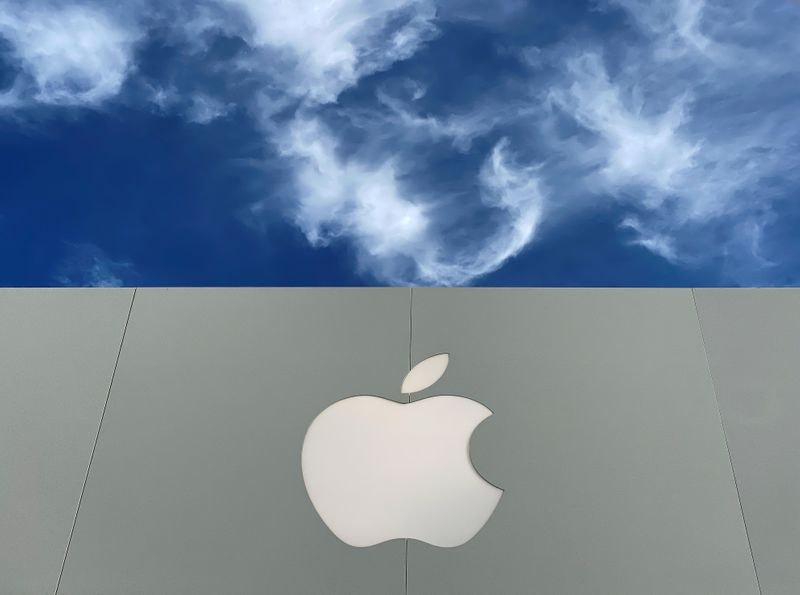By Stephen Nellis
(Reuters) - On Wednesday, Apple Inc (O:AAPL) Chief Executive Tim Cook will face questions from U.S. lawmakers about whether the iPhone maker's App Store practices give it unfair power over independent software developers.
Apple tightly controls the App Store, which forms the centerpiece of its $46.3 billion(35.96 billion pounds)-per-year services business. Developers have criticized Apple's commissions of between 15% and 30% on many App Store purchases, its prohibitions on courting customers for outside signs-ups, and what some developers see as an opaque and unpredictable app-vetting process.
But when the App Store launched in 2008 with 500 apps, Apple executives viewed it as an experiment in offering a compellingly low commission rate to attract developers, Philip W. Schiller, Apple's senior vice president of worldwide marketing and top executive for the App Store, told Reuters in an interview.
"One of the things we came up with is, we're going to treat all apps in the App Store the same - one set of rules for everybody, no special deals, no special terms, no special code, everything applies to all developers the same. That was not the case in PC software. Nobody thought like that. It was a complete flip around of how the whole system was going to work," Schiller said.
In the mid-2000s, software sold through physical stores involved paying for shelf space and prominence, costs that could eat 50% of the retail price, said Ben Bajarin, head of consumer technologies at Creative Strategies. Small developers could not break in.
Bajarin said the App Store's predecessor was Handango, a service that around 2005 let developers deliver apps over cellular connections to users' Palm and other devices for a 40% commission.
With the App Store, "Apple took that to a whole other level. And at 30%, they were a better value,” Bajarin said.
But the App Store had rules: Apple reviewed each app and mandated the use of Apple's own billing system. Schiller said Apple executives believed users would feel more confident buying apps if they felt their payment information was in trusted hands.
"We think our customers' privacy is protected that way. Imagine if you had to enter credit cards and payments to every app you've ever used," he said.
Apple's rules started as an internal list but were published in 2010.
Over the years, developers complained to Apple about the commissions. Apple has narrowed where they apply in response. In 2018, it allowed gaming companies such as Microsoft Corp (O:MSFT), maker of Minecraft, to let users log into their accounts as long as the games also offered Apple's in-app payments as an option.
"As we were talking to some of the biggest game developers, for example, Minecraft, they said, 'I totally get why you want the user to be able to pay for it on device. But we have a lot of users coming who bought their subscription or their account somewhere else - on an Xbox, on a PC, on the web. And it's a big barrier to getting onto your store,'" Schiller said. "So we created this exception to our own rule."
Schiller said Apple's cut helps fund an extensive system for developers: Thousands of Apple engineers maintain secure servers to deliver apps and develop the tools to create and test them.
Marc Fischer, the chief executive of mobile technology firm Dogtown Studios, said Apple's 30% commission felt justified in the early days of the App Store when it was the price of global distribution for a then-small company like his. But now that Apple and Alphabet Inc's (O:GOOGL) Google have a "duopoly" on mobile app stores, Fischer said, fees should be much lower - possibly the same as the single-digit fees payment processors charge.
"As a developer you have no choice but to accept that charge," Fischer said.
